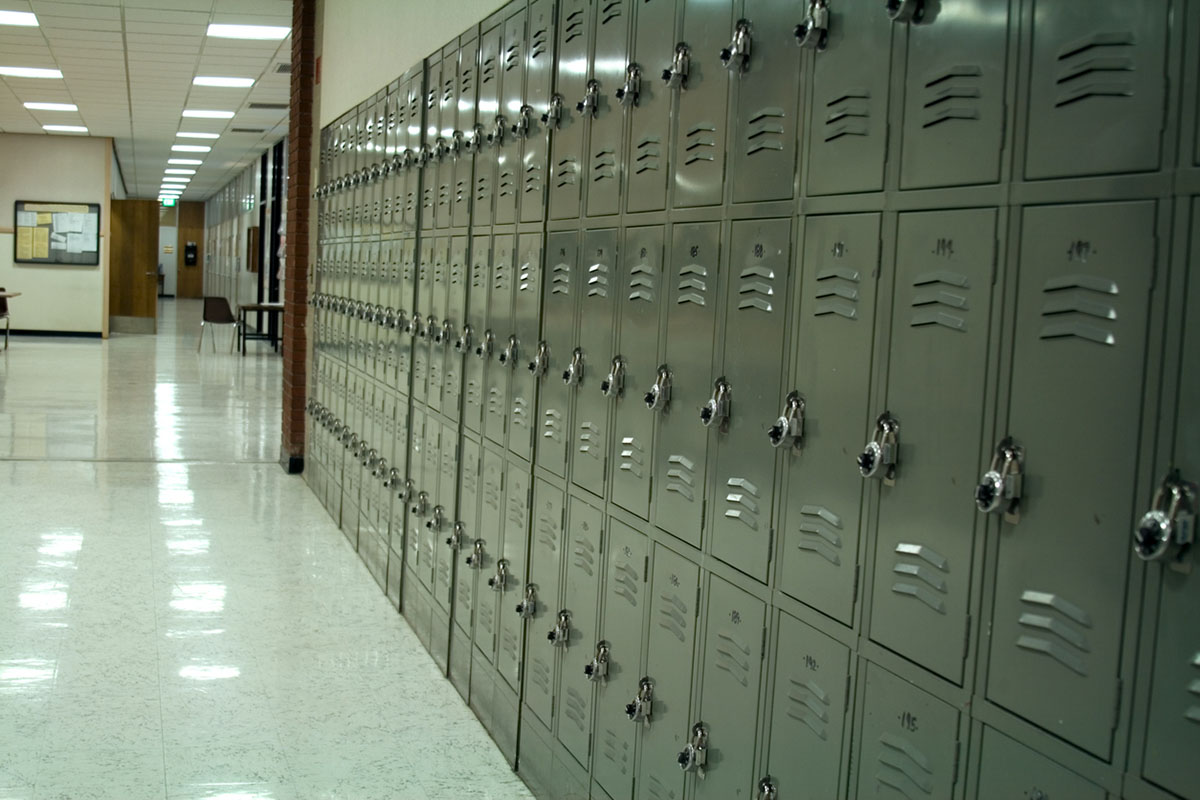Progressive education experts don’t seem to care that the policies they advocate are hurting the students who need the most help.
Last week, a new analysis of Philadelphia public schools found that the district’s move to reform school discipline by embracing “restorative justice” had led to a raft of unfortunate results. The decision to eliminate suspensions for classroom “conduct” led to skyrocketing truancy, serious misbehavior, and declining achievement. Truancy had been steadily declining, but increased sharply after the new policy was adopted. Compared with other Pennsylvania school districts and after controlling for demographics, the district’s math and reading achievement declined substantially after the adoption of the new policy. And, ironically, students were actually suspended more often, because even as suspensions for minor offenses fell, suspensions for major offenses rose.
“The decision to eliminate suspensions for classroom “conduct” led to skyrocketing truancy, serious misbehavior, and declining achievement.”
The progressive education wonks who championed Philadelphia’s school-discipline reforms were remarkably unbothered by these alarming results. They didn’t even really challenge the data. Instead, they asserted that the reforms could work and should work. Education Week ran a story titled, “In Discipline Debate, Two Groups Draw Different Conclusions About the Same District.” See, a second group of researchers, from the University of Pennsylvania, had taken a qualitative look at Philadelphia’s schools. The takeaway there for EdWeek readers was that it is “possible for the district to see improvements” because the disciplinary changes showed hints of promise in schools that were “wealthier and more white.”
That’s cold comfort, of course, given that the policy made things worse in the city’s poorer, less white schools — the struggling ones it was intended to help. Such tales are painfully familiar to those who track the world of school reform. There’s a rhythm to it: Progressive reformers have an idea that they think should work; the idea doesn’t work; reformers claim to see hints of promise and explain that the problem is one merely of “implementation” . . . and then the cycle repeats. Meanwhile, teachers and parents are left to pick up the pieces.
Consider the Common Core. Reformers were alarmed that state standards weren’t high enough. So they cheered as the Obama administration bribed and coerced states to adopt new, “higher” standards. Parents complained, but reformers dismissed their assorted complaints as a combination of know-nothingism and fringe kookery. When a report found that 85 percent of K–8 teachers thought the Common Core harmed parents’ ability to help their kids with math because they could no longer understand the assignments, reformers yawned. When the dust settled, nationwide achievement had broadly declined for the first time in years, but reformers saw hints of promise — and explained that the problems were simply a matter of implementation. After all, they said, high standards are important.
Consider teacher evaluation. Reformers were alarmed that old systems rated 99 percent of teachers as effective. So the Obama Department of Education bribed and coerced states to adopt new evaluation frameworks tied to tests teachers had never seen. Teachers complained, but reformers dismissed their concerns as know-nothingism and self-interested carping. When the dust settled, teachers had had to dance through new, time-consuming, bureaucratic paper chases — and 98 percent of them were still rated effective. Reformers acknowledged the results were disappointing, but explained the problems were nothing that couldn’t be cured by better implementation. After all, they said, teacher evaluation is important.
The same story is playing out now with concern to discipline reform, except that this time the lackluster results are actually dangerous. In New York City, a majority of students at half of schools serving a high share of minority students said they saw more fights and that their peers were less respectful. In Chicago, peer respect deteriorated and teachers reported more disruptive behavior. In St. Paul, the district attorney declared school violence a “public-health crisis.” In Syracuse, the district attorney ordered a restoration of discipline after violence surged and a teacher was stabbed. In East Baton Rouge, 60 percent of teachers say they’ve experienced an increase in violence or threats, and 41 percent say they don’t feel safe in school.
“Don’t expect progressive reformers to heed these warnings.”
Don’t expect progressive reformers to heed these warnings. Indeed, they seem more inclined to attack those who raise concerns than to step back from misguided policies. It’s far easier to take to Twitter and insinuate that those who are concerned about the practical consequences of lax discipline policies “sound kinda racist.” After all, they say, reducing suspensions is important.
The thing about schooling is that it is a profoundly human enterprise, which means it is inextricably contextual. Local realities matter, a lot. This means that whether and how reforms work is less a matter of how they look on a whiteboard or in a PowerPoint than of how they are put into practice by teachers, administrators, and parents. A bold scheme often sounds nice in theory, but bungled reforms can easily prove worse than no reform at all.
This lesson should be painfully self-evident after so many humbling experiences, even if it continues to elude so many of the nation’s most self-assured education reformers.
This piece originally appeared at National Review Online
______________________
Frederick M. Hess is director of educational policy studies at the American Enterprise Institute.
Max Eden is a senior fellow at the Manhattan Institute. Follow him on Twitter here.
This piece originally appeared in National Review Online
